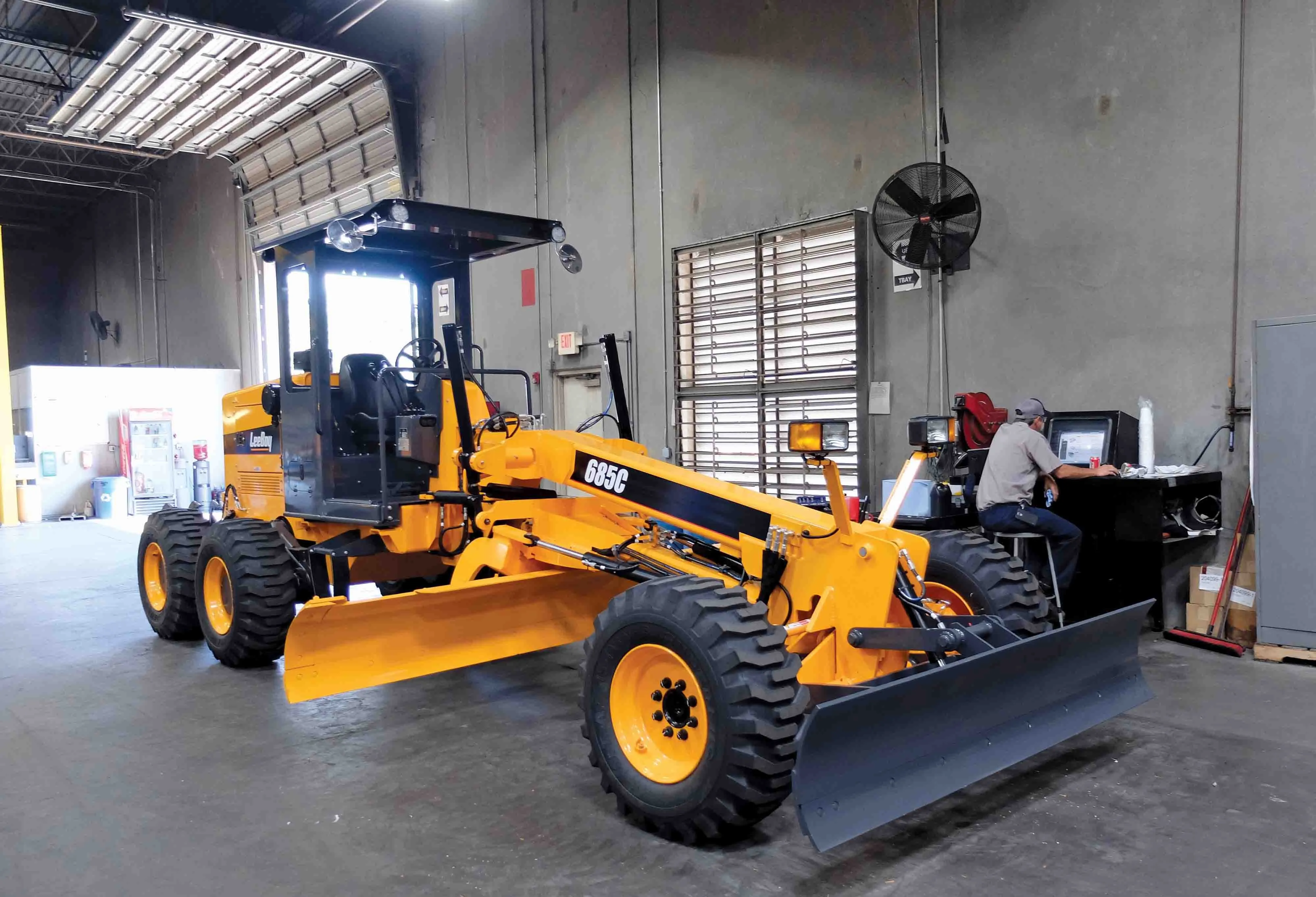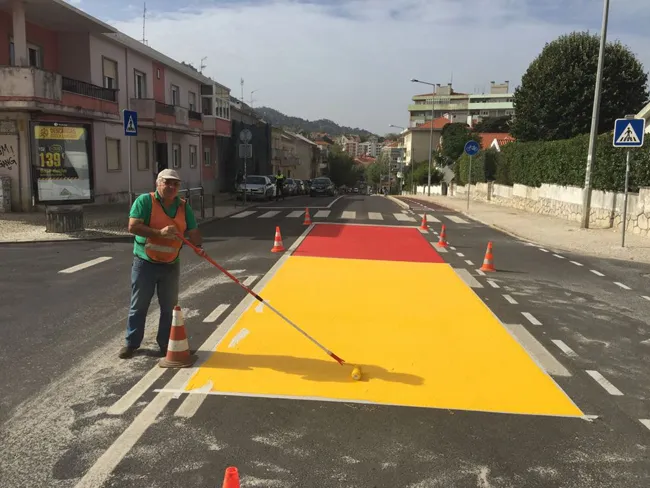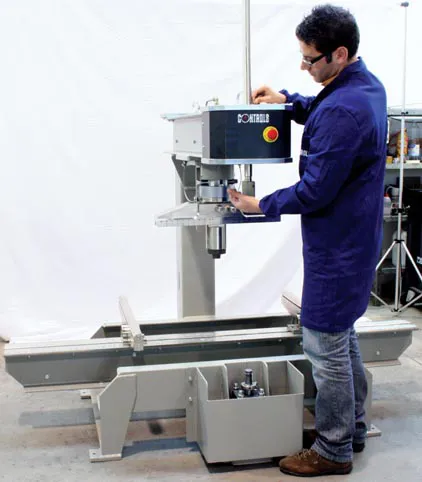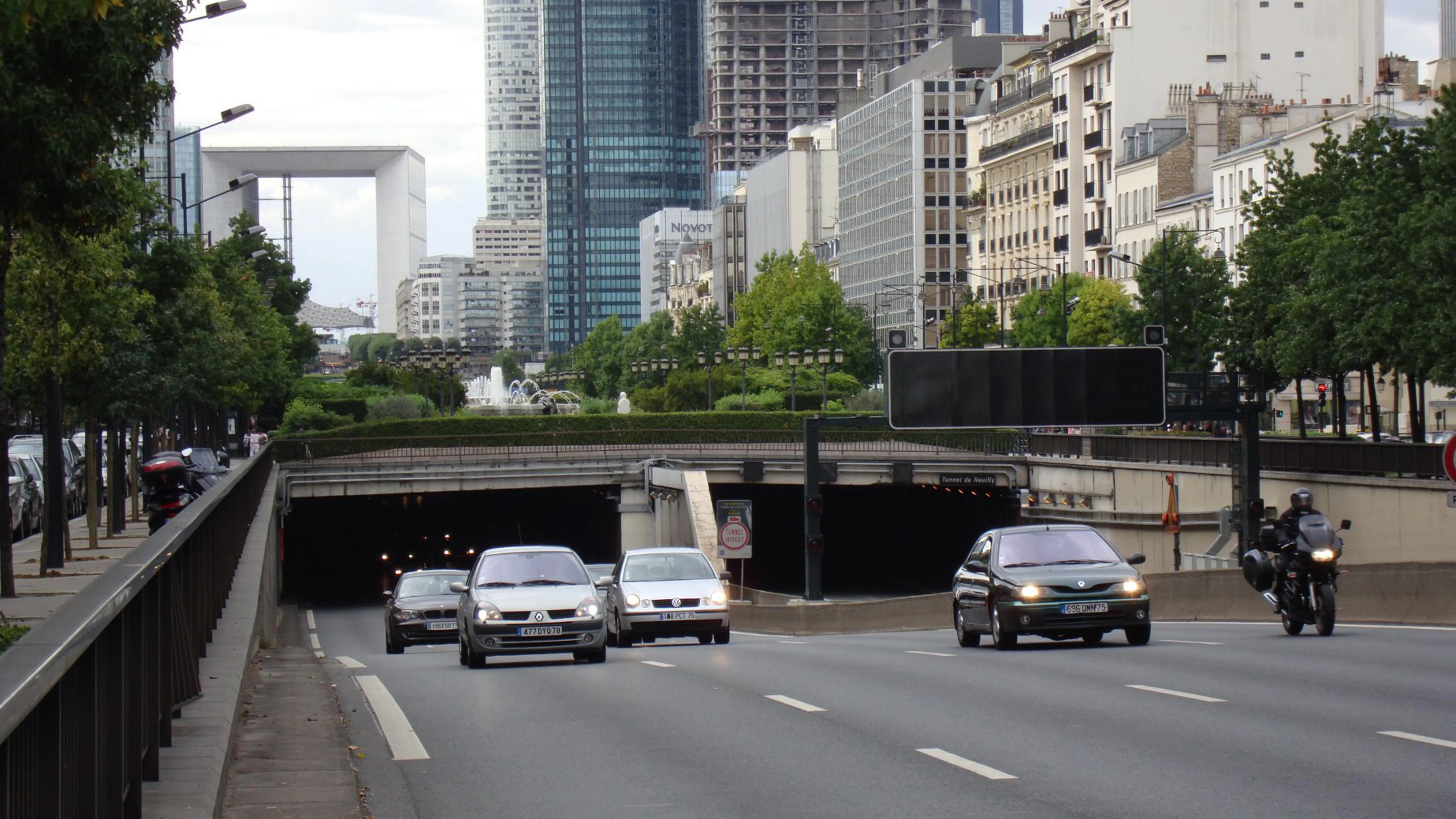Metalite Hitex Group is offering two new road safety surfacing and repair products designed specifically to meet the needs of India’s highway infrastructure network. This is the first product launch from the company which is a recently announced joint venture between Hitex International Group and Delhi-based Trans Metalite India.
The firm says that the innovative road surfacing and repair products are made in India at Hitex’s new manufacturing plant at Bawal in Haryana. They have been developed using a
May 11, 2016
Read time: 2 mins
Metalite 7819 Hitex Group is offering two new road safety surfacing and repair products designed specifically to meet the needs of India’s highway infrastructure network. This is the first product launch from the company which is a recently announced joint venture between Hitex International Group and Delhi-based Trans Metalite India.
The firm says that the innovative road surfacing and repair products are made in India at Hitex’s new manufacturing plant at Bawal in Haryana. They have been developed using a blend of materials to ensure that road surfaces maintain their stability in wide range of temperatures from 1-50°C and their effectiveness has already been proven in early installations throughout Northern India.
The new products include a reformulated version of Texband, a highway patch repair system proven in the UK for use in open seams, joints and cracks of up to 40mm wide in bituminous road surfaces. This fill and over-band system provides can treat early stage failures and prevent further deterioration or damage to road surfaces. The firm claims that this is hard wearing and long lasting than traditional treatments and can deliver significant cost savings for road repairs.
To help counter the number of crashes on India’s roads, Metalite Hitex Group is also providing new skid-resistant surfacing treatments at busy junctions, pedestrian crossings and roundabouts. Special techniques have been used to ensure that the thermoplastic surfacing material sticks securely to India’s closed texture surfaces that typically become slippery when wet. This is coloured red to give drivers a clear visual warning and high PSV (Polished Stone Value) aggregate is used to provide high levels of skid resistance to reduce effective braking distances. Extra-bright, longer-lasting retro-reflective road markings can also be applied to further boost road safety.
The products are said to be fast to apply and provide durability and skid reistance. The Metalite Hitex Group products are fully accredited to CRRI (Central Road Research International) and IRC (India Road Congress) standards.
The firm says that the innovative road surfacing and repair products are made in India at Hitex’s new manufacturing plant at Bawal in Haryana. They have been developed using a blend of materials to ensure that road surfaces maintain their stability in wide range of temperatures from 1-50°C and their effectiveness has already been proven in early installations throughout Northern India.
The new products include a reformulated version of Texband, a highway patch repair system proven in the UK for use in open seams, joints and cracks of up to 40mm wide in bituminous road surfaces. This fill and over-band system provides can treat early stage failures and prevent further deterioration or damage to road surfaces. The firm claims that this is hard wearing and long lasting than traditional treatments and can deliver significant cost savings for road repairs.
To help counter the number of crashes on India’s roads, Metalite Hitex Group is also providing new skid-resistant surfacing treatments at busy junctions, pedestrian crossings and roundabouts. Special techniques have been used to ensure that the thermoplastic surfacing material sticks securely to India’s closed texture surfaces that typically become slippery when wet. This is coloured red to give drivers a clear visual warning and high PSV (Polished Stone Value) aggregate is used to provide high levels of skid resistance to reduce effective braking distances. Extra-bright, longer-lasting retro-reflective road markings can also be applied to further boost road safety.
The products are said to be fast to apply and provide durability and skid reistance. The Metalite Hitex Group products are fully accredited to CRRI (Central Road Research International) and IRC (India Road Congress) standards.









